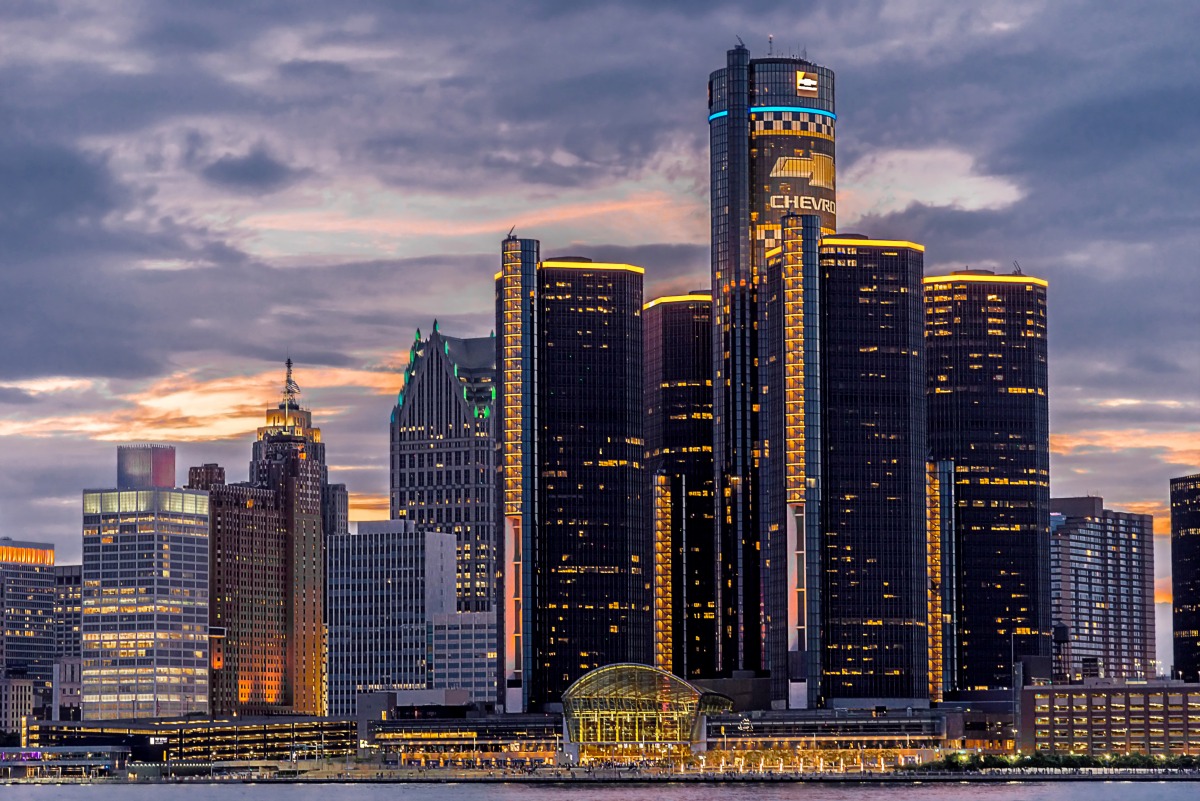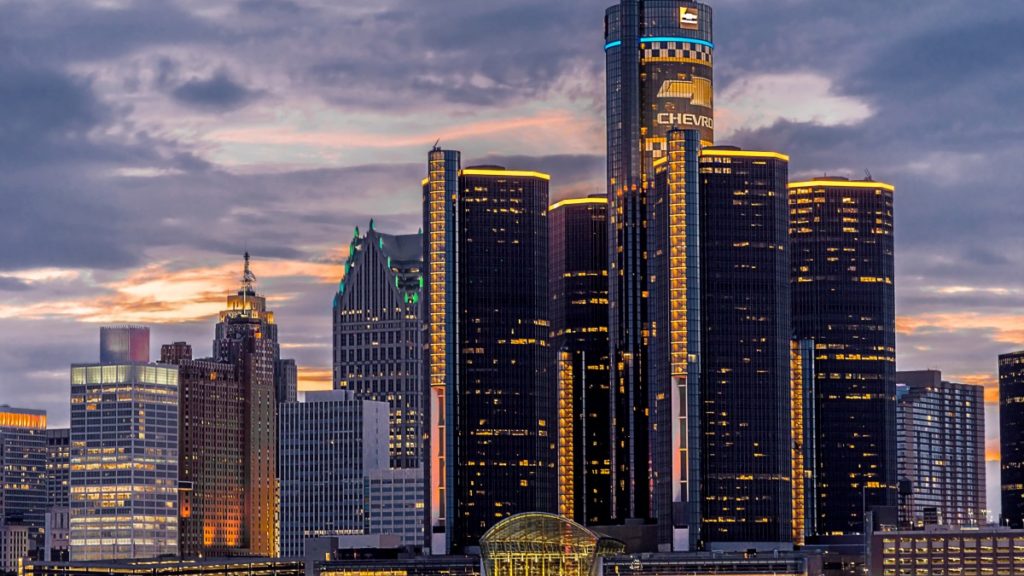
State lawmakers in Michigan on Tuesday approved a package of bills requiring hemp-derived delta-8 THC, along with other intoxicants that mimic a cannabis high, to be regulated by the Michigan Marijuana Regulatory Agency.
The Michigan House Regulatory Reform Committee unanimously approved the bills, which now advance to the full House for a vote.
The action, spurred by a flood of unregulated delta-8 THC products entering the marketplace, has support from the cannabis business members in the state, including the Michigan Cannabis Manufacturer’s Association whose executive director, Stephen Linder, testified before the committee earlier this month.
In a statement, Linder praised the committee’s approval of the bills and said delta-8 THC substances should be regulated to “promote the health and safety of all Michiganders.”
“Any product considered medicine should adhere to the same health and safety standards as medicines dispensed in pharmacies,” Linder said.
“Currently these products are available to anyone and can be found in gas stations, party stores and smoke and vape shops.”
In a quarterly public report in late March, MMRA Director Andrew Brisbo said the agency was looking at delta-8 THC and issues with intoxicating products that don’t currently fall within the definition of marijuana in the state and ensuring that such intoxicants are subject to the same safety requirements and oversight as delta-9 THC products.
Michigan’s action follows clarification from Colorado’s health department on Friday that the state has banned delta-8 THC from hemp extracts, joining other states in saying the THC isomers can’t be sold if they come from hemp.
Legislative bans and regulatory clarifications are under consideration in other states including Illinois, North Dakota and Oklahoma.
To date, at least 12 states have banned delta-8 THC.


